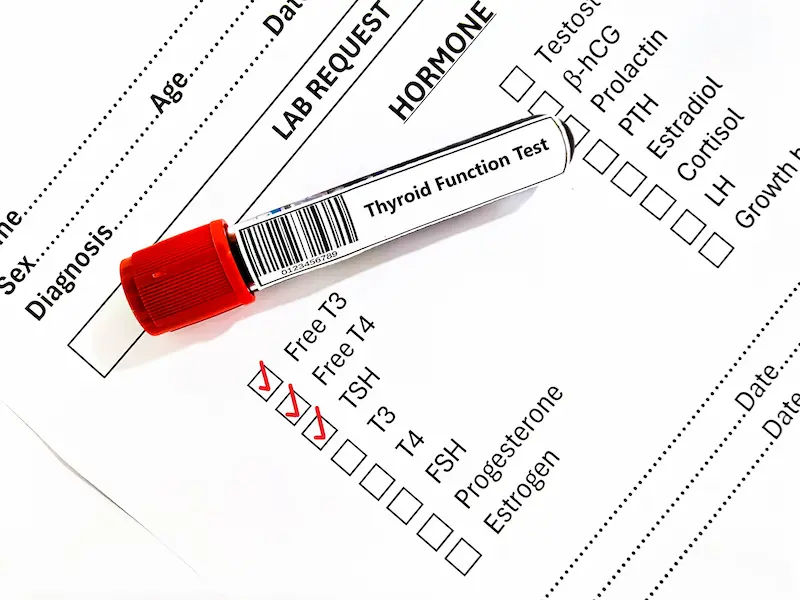- female
- 45 Years
- 31/03/2021
Does garlic lower blood sugar?
Answered by 1 Apollo Doctors
Moderate amounts of garlic supplements could offer benefits to diabetes patients, and that raw or cooked garlic or aged garlic extract can help to regulate blood glucose level.
Dr. Anshul Suggests...
Consult a Endocrinologist
Answered 04/07/2025
0
0


Ask Apollo
AI powered Health Chatbot
-
Garlic and Blood Sugar:
- Garlic may have a mild effect on lowering blood sugar, but evidence is not strong enough to rely on it alone for managing diabetes.
-
Recommendations: a. Consult Healthcare Provider: Essential if on diabetes medications to avoid interactions. b. Balanced Diet: Include garlic for flavor and potential benefits, but do not replace prescribed treatments. c. Monitor Blood Sugar: Regular checks are important to assess the impact of dietary changes.
-
Summary:
- Garlic might help slightly lower blood sugar but should not be the primary treatment. Always discuss dietary changes with your doctor.
Answered 20/08/2025
0
0
More Endocrinology Health Queries
View allI'm really worried if masturbation and ejaculation can affect my height and growth. I've heard that it might cause stunted growth, and it's stressing me out. Can you tell me if there's any truth to this?
No, masturbation and ejaculation have no scientifically proven correlation with stunted growth or affecting height development;
Answered by 1 Apollo Doctors
I was diagnosed with Type 2 diabetes in March 2021 and was initially prescribed RemoV tablets twice a day, which have remogliflozin etabonate 100mg and vildagliptin 50mg. My recent hba1c is 6.8 and fasting sugar is 139. During my sinus surgery, the doctor advised me to stop RemoV and switch to Glyciphage 500mg (metformin only). Now, my current doctor is suggesting RemoMV, which combines remogliflozin, vildagliptin, and metformin. I'm confused about which one is better for me and why RemoMV is being recommended over the other options. Can you explain the difference and what would work best for my condition?
Consultant physician M D Medicine
Answered by 1 Apollo Doctors
I'm a bit confused about some medical stuff. So, in the context of a COVID test, what exactly does the target gene CT value mean? Like, if someone has a CT value of 17.5, is that considered low or high? Also, if a person has thyroid issues, do the medicines change if they get COVID?
The target gene CT value in a COVID-19 test represents the number of cycles needed to detect the virus's genetic material, with lower values (e.g., 17.5) indicating a higher viral load, while higher values suggest a lower viral load or potential false positive; regarding thyroid conditions, COVID-19 treatment does not typically involve thyroid medications, but underlying thyroid conditions may require adjustments to existing medications or additional supportive care.
Answered by 1 Apollo Doctors
Disclaimer: Answers on Apollo 247 are not intended to replace your doctor advice. Always seek help of a professional doctor in case of an medical emergency or ailment.

 Can garlic replace diabetes medication?
Can garlic replace diabetes medication? 
